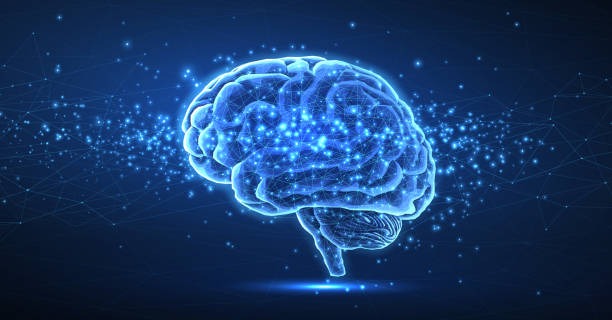What to Eat for All-Day Focus: A Brain-Friendly Guide
NEUROSCIENCEALL BLOGS


You sit down to work or study, and within an hour, your brain feels foggy. You can’t concentrate, your energy dips, and your focus fades. It might not be your motivation; it might be your meals.Your brain uses about 20 percent of your body’s energy, and it needs a steady supply of the right nutrients to stay sharp. What you eat (and when you eat) can either power up your focus or leave you distracted, tired, and craving more food. Let’s look at what to eat to stay clear-headed, energized, and mentally strong all day.
Why does food affect focus?
The brain runs on glucose, but it also depends on blood flow, neurotransmitters, and inflammation levels. That means you don’t just need calories, you need nutrients that support stable blood sugar, reduce inflammation, and help your brain make the chemicals it needs to think clearly.
The problem with most meals:
Sugary breakfasts (like cereal, pastries, or sweet coffee) give a quick boost, but then crash. The result? A foggy brain by mid-morning. Heavy carb lunches can increase sleepiness and reduce focus, especially if they lack protein and fiber. Long gaps between meals lead to blood sugar crashes, irritability, and a drop in mental performance.
What does science say?
A 2021 study in Nutrients found that diets rich in omega-3s, fiber, and antioxidants improved memory, learning speed, and cognitive flexibility.
A 2015 study in The American Journal of Clinical Nutrition showed that high-glycemic meals led to worse concentration and more fatigue during school hours.
Research in Frontiers in Aging Neuroscience confirmed that diets high in refined sugar and low in essential fats accelerated mental decline, even in young adults.
Best foods for brain focus
Eggs. Rich in choline, which supports memory and learning.
Berries. Full of antioxidants that protect brain cells from stress and inflammation.
Avocados. Packed with healthy fats that support blood flow to the brain.
Oats. A slow-digesting carbohydrate that provides steady energy without spikes and crashes.
Leafy greens. Spinach, kale, and arugula contain folate and vitamin K for mental clarity.
Nuts and seeds. Especially walnuts, flaxseeds, and pumpkin seeds for healthy fats, zinc, and magnesium.
Fatty fish. Salmon, sardines, and mackerel are rich in omega-3s that protect the brain and improve mood and focus.
Lentils and beans. High in fiber and iron, they keep your energy steady and support neurotransmitter production.
Green tea. Contains L-theanine and caffeine together, helping you stay alert without the jitters of coffee.
Dark chocolate. In small amounts (70% or higher), it improves circulation to the brain and boosts focus.
Smart meals to try
Breakfast:
Scrambled eggs with spinach and avocado
Oats with blueberries, walnuts, and cinnamon
Greek yogurt with chia seeds and a drizzle of honey
Lunch:
Grilled salmon or tofu with quinoa and roasted veggies
Chickpea salad with olive oil, lemon, and pumpkin seeds
Lentil soup with a side of greens and a slice of whole grain toast
Snacks:
Apple with almond butter
A small handful of trail mix (no added sugar)
Hummus with carrots or bell pepper strips
Bonus tips for all-day focus
Don’t skip meals. Skipping slows metabolism and leads to mental crashes later.
Stay hydrated. Even mild dehydration can reduce brain performance. Drink water consistently.
Chew slowly. It helps digestion and keeps blood sugar more stable.
Balance every meal. Aim for a mix of protein, healthy fats, fiber, and color.
Don’t overload caffeine. One cup of green tea or coffee is fine, but too much can spike anxiety and reduce focus long-term.
Final thought
Your brain is your most valuable asset, and it runs on real food, not quick fixes. When you fuel your body the right way, your mind follows. Focus gets easier. Learning feels smoother. And energy stays consistent from morning to night. Because peak performance doesn’t start with willpower. It starts with what’s on your plate.